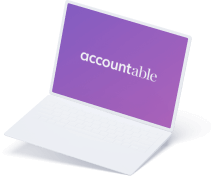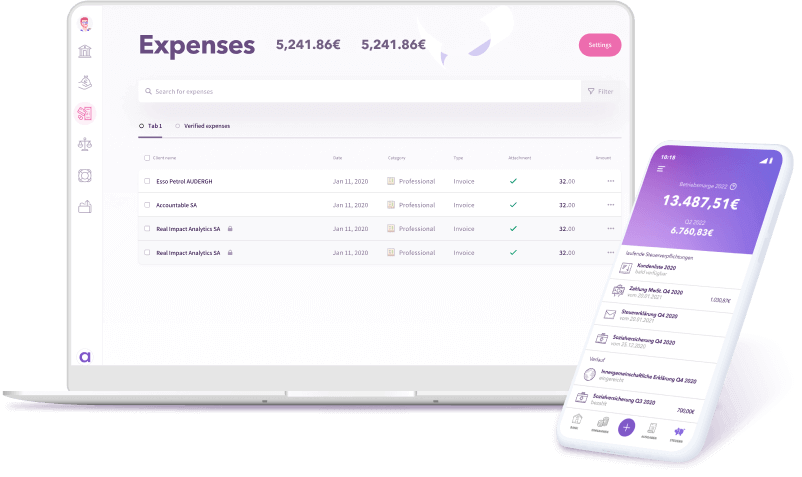
A guide to insurance for freelancers in Germany
Read in 4 minutes
A very important aspect to setting up as a freelancer in Germany is making sure you’re adequately covered by the insurances that are right for you – and we don’t just mean health insurance!
There are a range of other types of insurance that you may wish to consider as you begin your career as a freelancer in Germany. With this article, we hope to provide you with an overview of different kinds of insurance, and a starting point from which you can decide what kind of insurance might be right for you.
Health insurance (“Krankenversicherung”)
Health insurance is arguably one of the most talked about topics among foreign freelance communities in Germany. Who is your provider? How much do you pay? Are you in the KSK?
And rightly so, as it’s also the most important. Health insurance is mandatory in Germany, and it ensures you’ll have quick and affordable access to quality healthcare for the duration of the time you live here. You cannot opt out of having health insurance, and if you try to, you’ll end up having to back-pay (not fun!).
Without an employer to foot half of the bill — as is the case for people with traditional employment — the self-employed must pay all their health insurance contributions completely on their own, unless they qualify for the social security fund for artists, the KSK (“Künstlersozialkasse”).
Pension insurance (“Rente”)
While pension insurance is mandatory for freelancers in specific professions, such as teachers, midwives, artists, and publicists, it is generally up to you to ensure you have something in place to support yourself when you eventually reach the stage in life where you’re no longer generating income through work.
German pension insurance is based on a system of three pillars, each of which is more or less relevant to freelancers.
State pension insurance
Some freelance occupations, such as those mentioned above, are obliged by law to contribute to the state pension system. Others can make voluntary contributions. People who are employed, but have a freelance side job, already pay into the state pension system via their regular job.
Voluntary occupational pension
Voluntary occupational pension schemes are only relevant to freelancers if they are also employed by a company.
Private pension plans
Private pension plans are retirement funds that are contributed to by the individual – freelancer or otherwise – through their earnings. You have the option to set up a private pension plan directly through an insurance provider, or to opt for the government sponsored Riester (Riester Rente) or Rürup (Rürup Rente) pension schemes.
This article outlines in detail each of the pillars of pension and how they apply to freelancers.
Professional indemnity insurance (“Berufshaftpflichtversicherung”)
Professional liability or indemnity insurance protects you and your freelance business from a number of risks that could pop up in the course of your career as your own boss. It is not mandatory, but it can be a useful and affordable way to protect yourself financially throughout the course of your freelancer career, particularly if you regularly give professional advice to clients. Some clients even require their contractors to take out professional liability insurance.
Some of the things that adequate professional liability insurance would protect you against include:
- Negligence claims made by a client
- A client’s dissatisfaction with your work
- Financial loss your client endures due to advice or recommendations you made
- Copyright infringements
- Delayed delivery of work due to illness
If claims such as the above are justified, your professional liability insurance will reimburse you for the loss. Or, if the claims are unjustified, your insurance provider defends you and pays the costs in court. Without insurance, such claims would leave you personally liable to damages and/or legal fees.
Basic cover for freelancers can start at around 10 Euros per month, with the cost depending on factors such as your annual sales and your individual risk profile. The cost of professional liability insurance is tax deductible.
If you work in a specialised or high-risk field, you may even wish to consider additional layers of coverage or protection to cover such things as commercial liability or data insurance.
Contents insurance (“Inhaltsversicherung”)
What kind of equipment do you need in order to carry out your services as a freelancer? Photography equipment? Musical instruments? Computers? Printers? Depending on the field of work, the list can go on and on, amounting to thousands of euros worth of tools and equipment that are all necessary to run your business.
Contents insurance protects your valuable equipment from damage and theft, so that you can buy or rent replacement equipment. In some cases, loss of earnings as a result of damage or theft can also be insured. It is not mandatory, but like other professional insurances, is considered a tax-deductible business expense.
Cyber liability insurance (“Cyberversicherung”)
Many insurers now offer cyber liability insurance for freelancers, protecting you in the event that you’re hacked or compromised by phishing or malware.
Chances are, like most freelancers, you use a number of different digital platforms, tools, and services, across several different clients. Even with security procedures in place, these systems can be hacked, and Cyber insurance helps with legal expenses, cyber extortion expenses, and even reputation management.
Cyber liability insurance is not mandatory, but like other professional insurances, is considered a tax-deductible business expense.
How risk tolerant can you afford to be?
The list of insurances that are relevant to freelancers can seem endless. While health insurance is an absolute non-negotiable, and pension insurance is something you should probably be considering, the rest are optional and depend very much on your individual circumstances, values, and appetite for risk.
All of the insurances listed above can save you exorbitant costs and headaches should something go wrong for you in the course of business. For an often relatively small outlay, you can protect yourself against painful legal fees in the future. And, keep in mind that most professional insurance is tax deductible, which helps to reduce your annual taxable income. Oh, and by the way, the Accountable app is an easy and free tool to help you organise and keep track of expenses.
Did you find what you were looking for?
Happy to hear!
Stay in the know! Leave your email to get notified about updates and our latest tips for freelancers like you.
We’re sorry to hear that.
Can you specify why this article wasn’t helpful for you?
Thank you for your response. 💜
We value your feedback and will use it to optimise our content.






